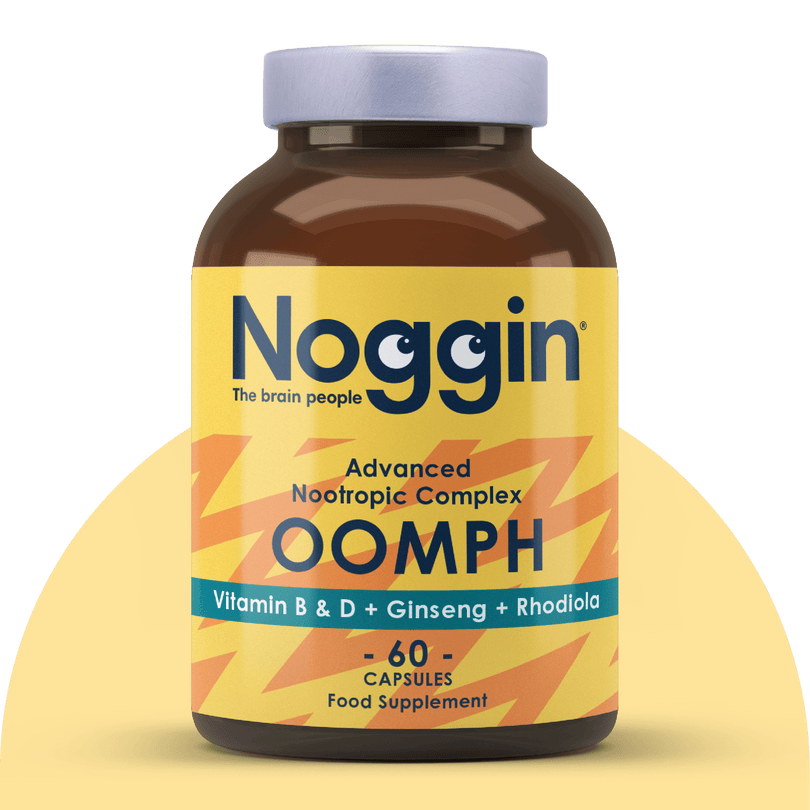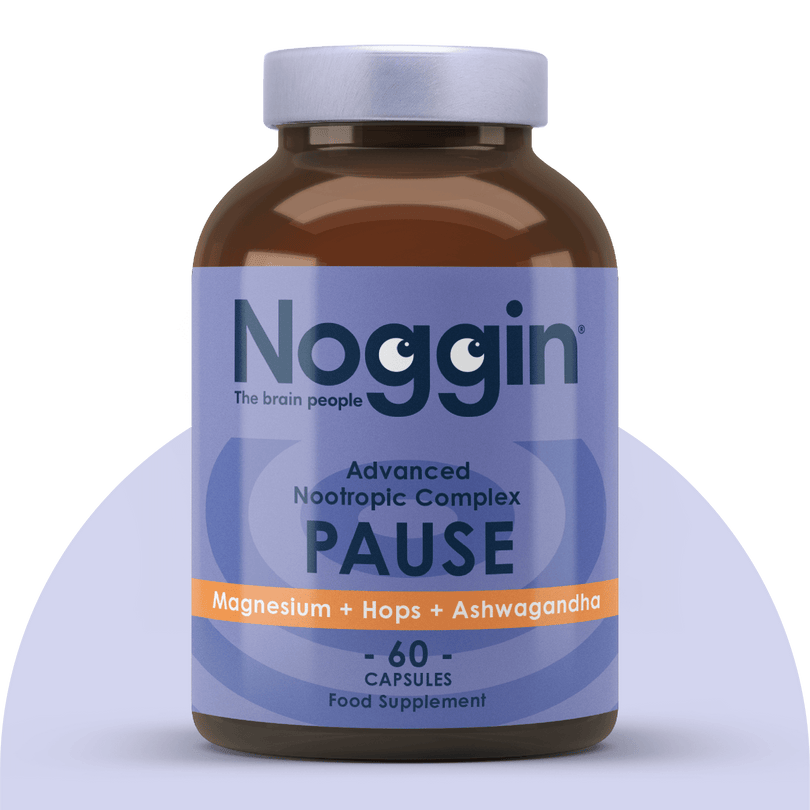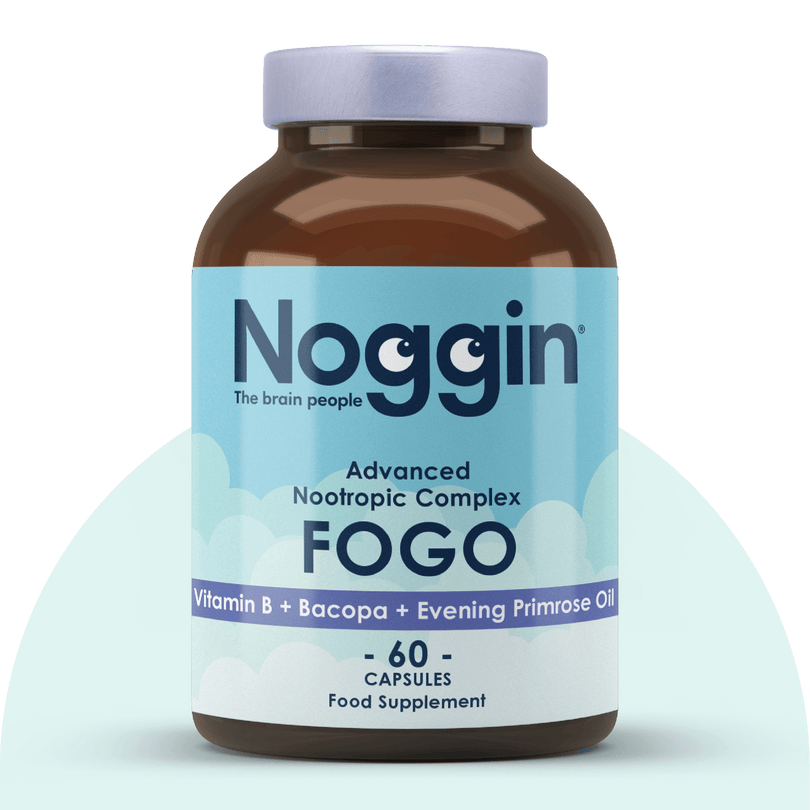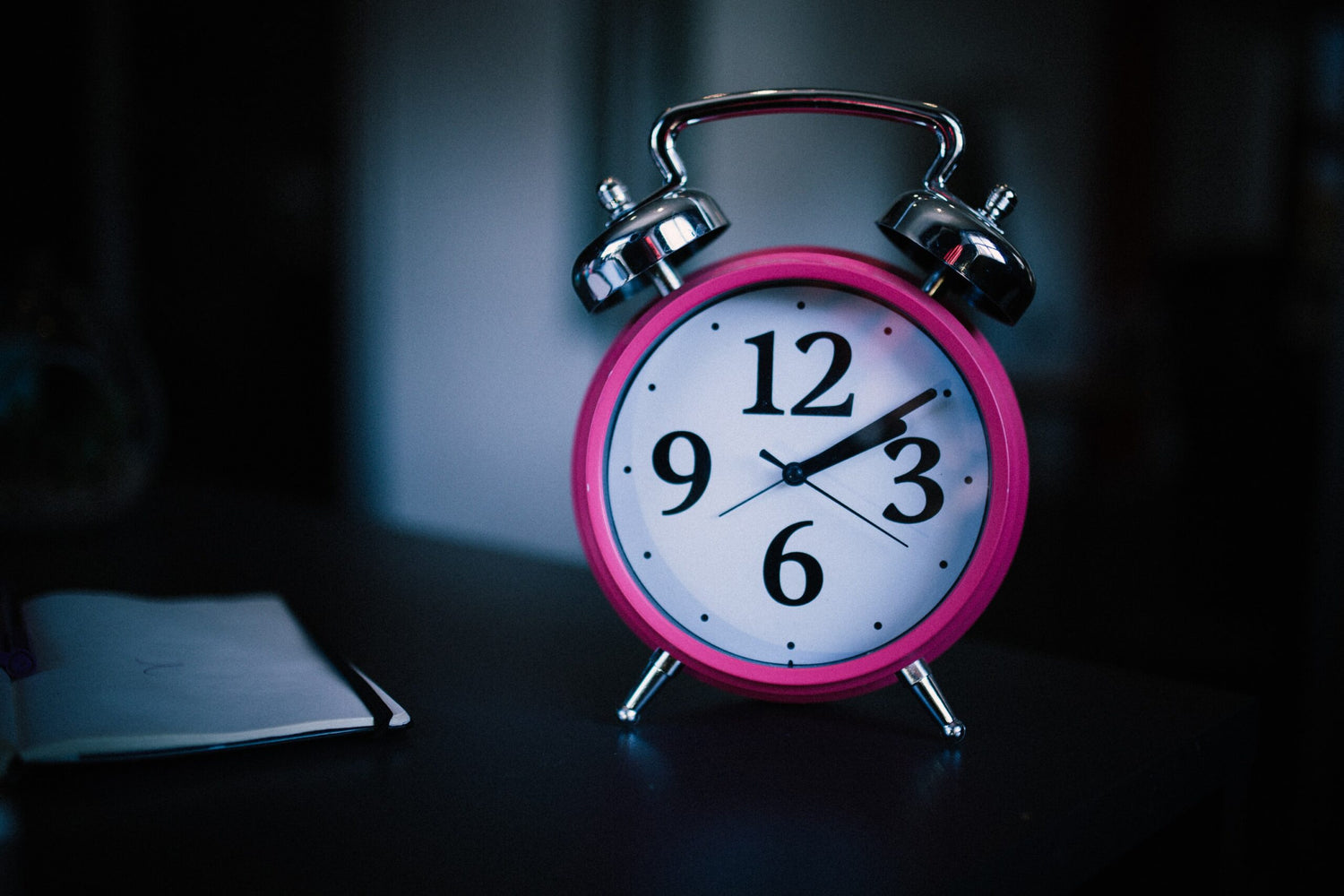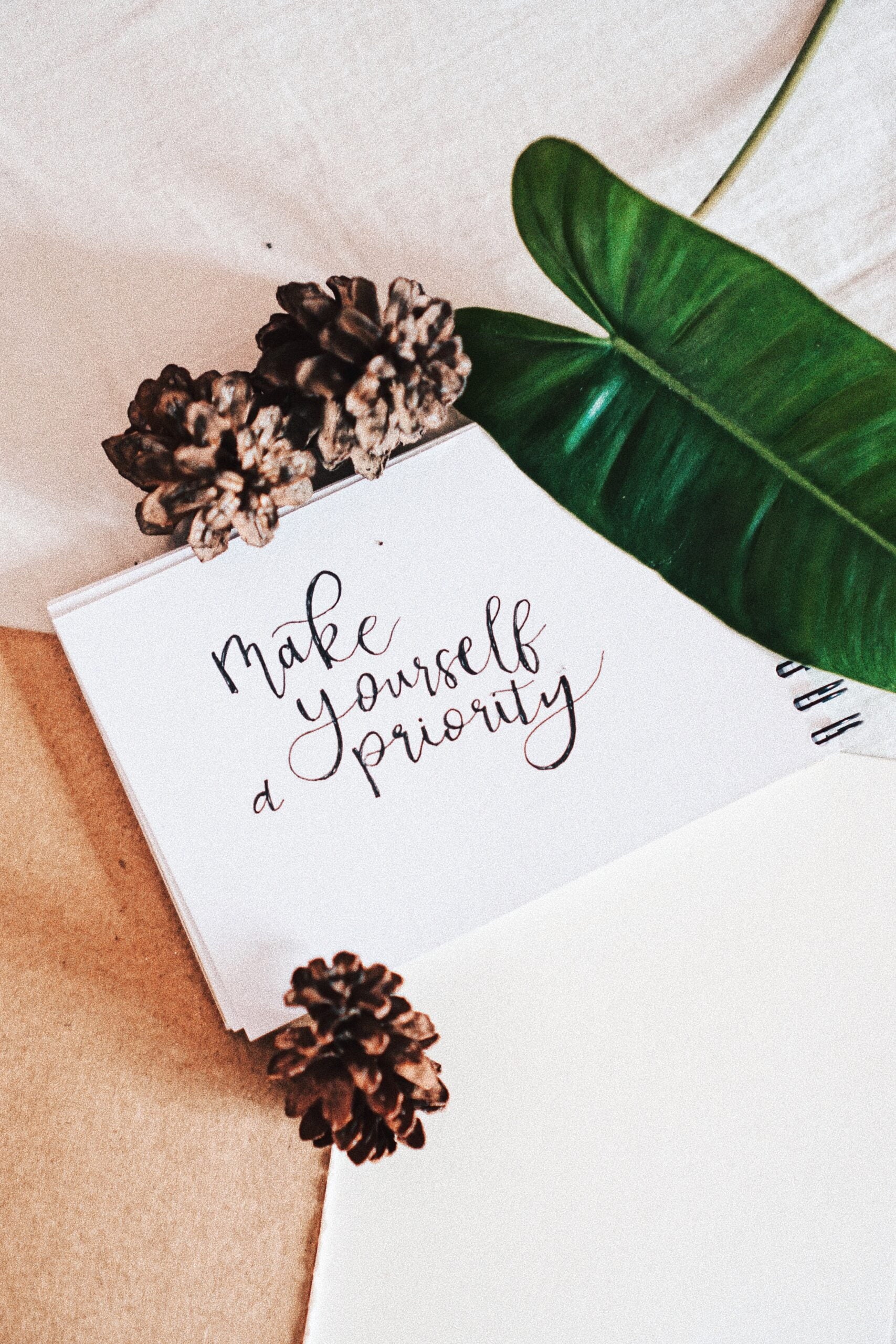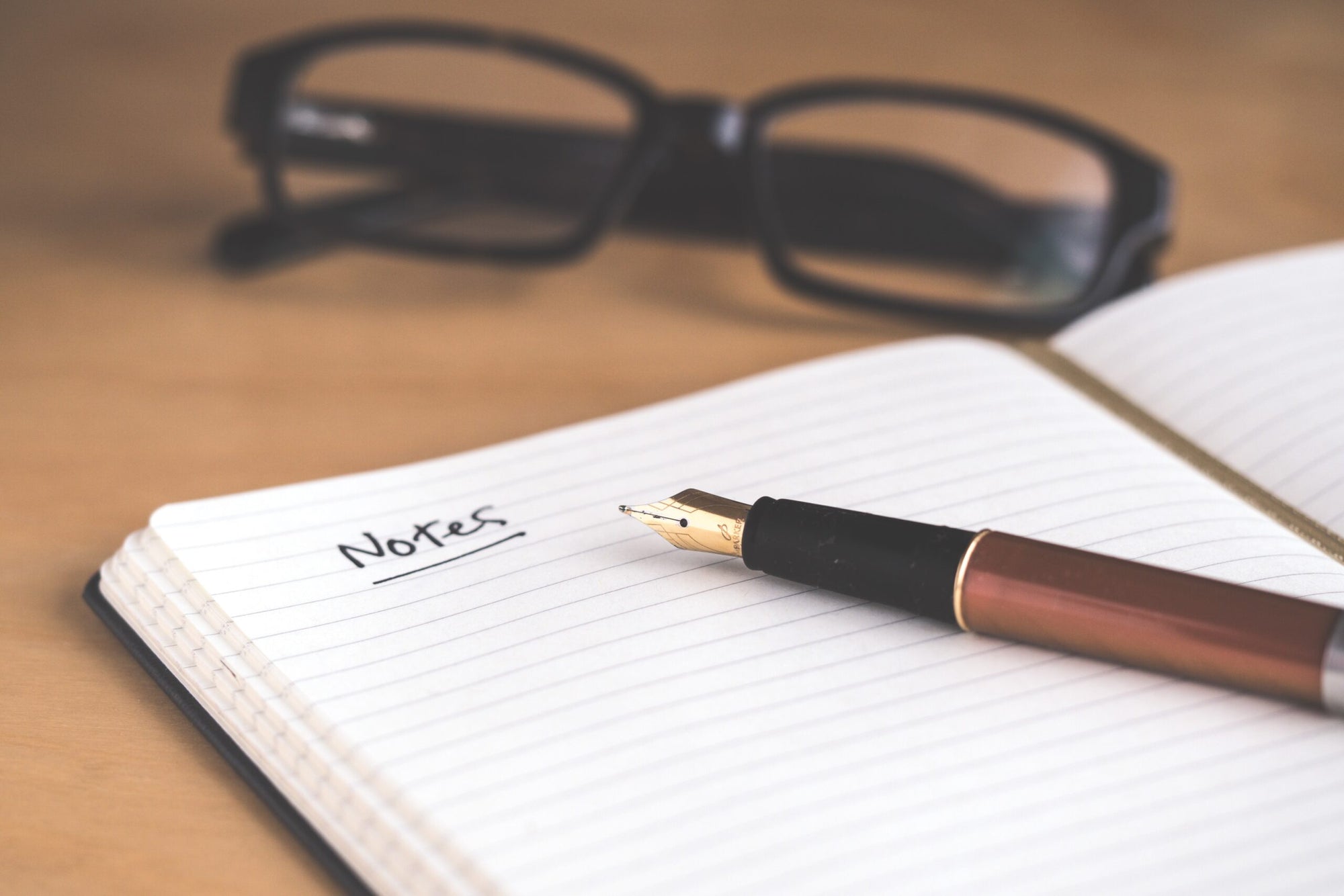Yes! Research has shown that catching a few Zzzzz during the day can be good for your brain.
A number of famous names are notable for their love of napping.
Sir Winston Churchill managed on just four hours sleep a night during World War Two — but insisted on a two hour nap in the afternoon.
Albert Einstein reportedly slept for 10 hours a night, plus daytime naps.
The Kardashians also manage to nap with their young family, though that might have been pre-Kanye’s erratic behaviour in the media.
There’s also scientific from Harvard Medical School supporting the belief that having a nap can give our brains some much needed downtime.
When Greece started phasing out its siesta in the 1990s, and keeping stores open longer during the day, researchers from Harvard University’s School of Public Health attempted to quantify the impacts of this cultural change. Though none of the participants had a history of heart disease or stroke when the study began, by the end of the six-year period, those who had stopped taking their regular siesta suffered a 37% increased risk of death from heart disease compared to those who didn’t.
A growing number of businesses are recognising what research has long conveyed: daytime napping may come with big advantages — both psychological and professional.
In recent years in the US, Google, Uber, Nike NASA and Zappos all offer some form of napping benefits.
Napping Types
Planned napping (also called preparatory napping) involves taking a nap before you actually get sleepy.
You may use this technique when you know that you will be up later than your normal bed time or as a mechanism to ward off getting tired earlier.
Emergency napping occurs when you are suddenly very tired and cannot continue with the activity you were originally engaged in.
This type of nap can be used to combat drowsy driving or fatigue while using heavy and dangerous machinery.
Habitual napping is practiced when a person takes a nap at the same time each day.
Young children may fall into the land of nod about the same time each afternoon or an adult might take a short siesta after lunch each day.
Benefits
A little nap can help restore energy, alertness, enhance performance, and reduce mistakes and accidents.
A study at NASA on sleepy military pilots and astronauts found that a 40-minute nap improved performance by 34% and alertness 100%.
Naps can increase alertness in the period directly following the nap and may extend alertness a few hours later in the day.
Napping has psychological benefits - a nap can be a little luxury, a break from the routine and it can provide an easy way to get some relaxation and help you feel rejuvenated.
Timing is Key
One of the keys to "power napping", or “cat napping” or taking a “disco nap” is to keep them short. If you benefit from napping there is almost no length of nap that is too short. However, an extended nap can leave you feeling groggy and ‘jetlagged’ as well as possibly upsetting your night time sleep.
Many experts say 10 to 20 minutes is the ideal duration to bolster energy and heighten alertness. Setting an alarm for this length of time is recommended to get the best benefit from your daytime downtime.
Another idea is using the Calm App which has specially selected Nap settings to help you gently fall asleep and stir from slumber naturally.https://www.calm.com/breathe
Keep Well,
Dr Clara Russell

